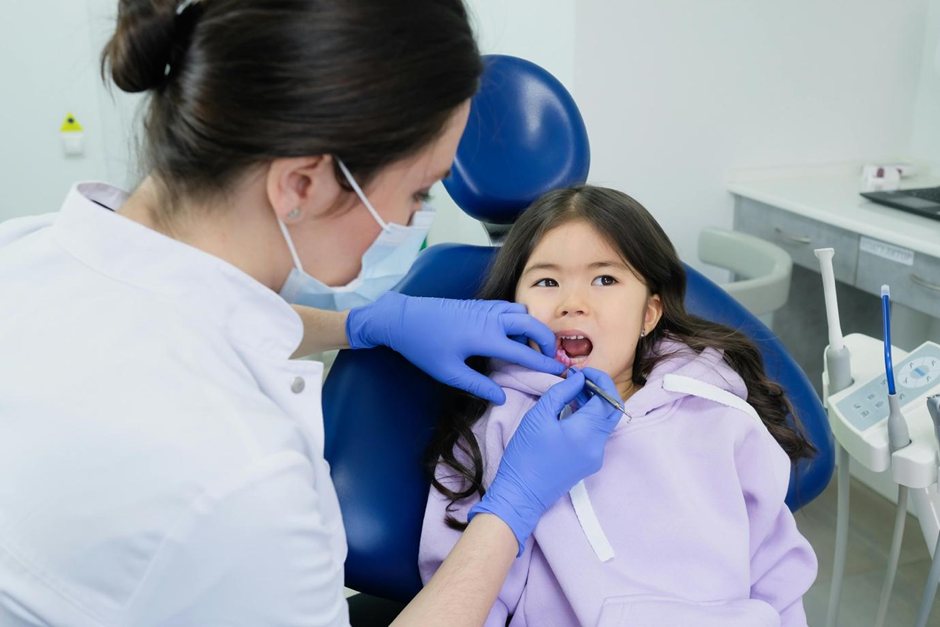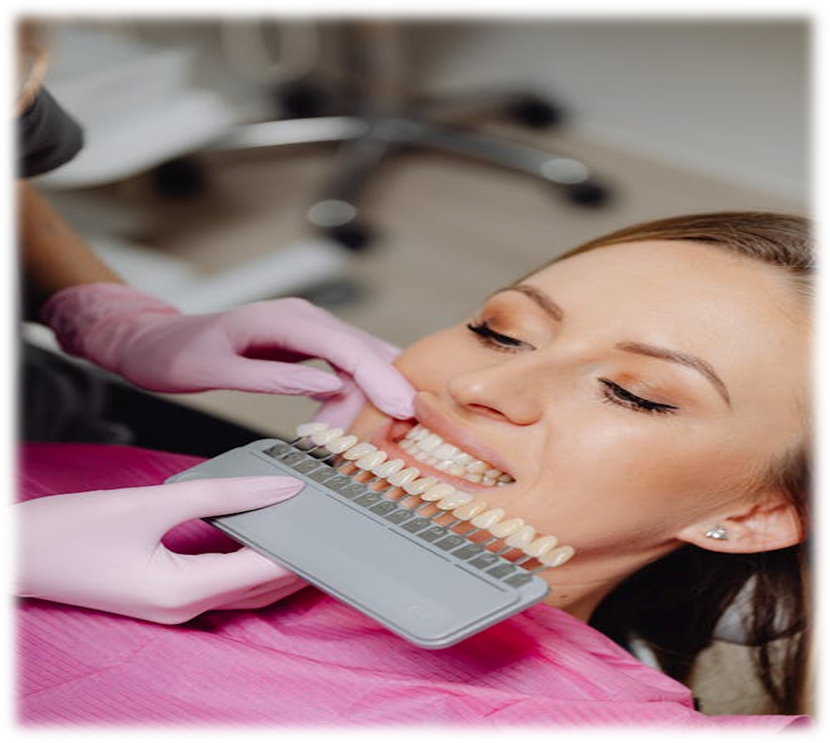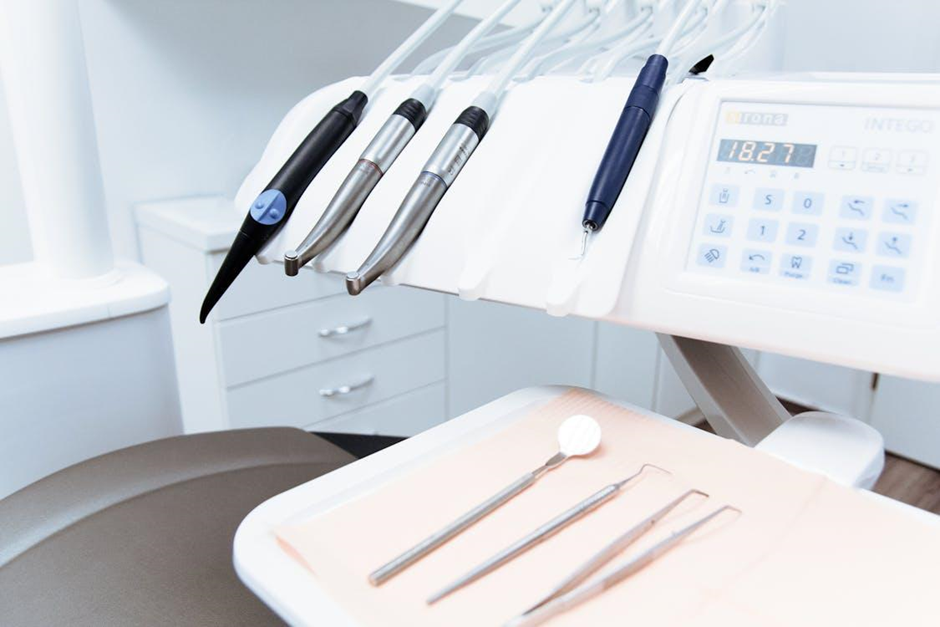Different Dental Oral Surgery Procedures
Oral Surgery
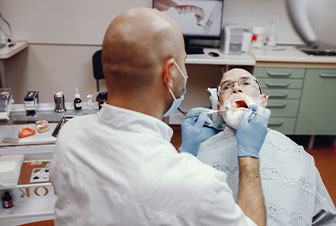
Table of Contents
The human mouth is a highly sensitive region that is filled with muscle, tissue, nerves, teeth, and gums.
From a medical standpoint, as fascinating as the mouth is, it is also highly prone to medical and oral issues that are treated through various different oral surgery procedures. These procedures aim to restore the full function of the mouth and its surrounding structures with the help of dental professionals and advanced medical equipment.
Although there are numerous different oral surgery procedures, we’ve rounded the four most important ones for you.
Tooth Extractions
This is one of the most common oral surgery procedures, particularly among teens and adults. As the name suggests, tooth extraction literally means getting your tooth/teeth extracted or removed due to various reasons such as tooth decay, broken tooth, overcrowding in the mouth, and dental infection, to name a few.
Tooth extraction becomes necessary when the tooth is damaged beyond repair, so the ultimate solution is for it to be removed from the socket.
There are two main types of tooth extractions that you ought to know about: simple extraction and surgical extraction.
A simple extraction is a type of procedure in which you receive local anesthesia to numb the area around your tooth. Your dentist will then use an instrument or a tool called ‘elevator’ in order to loosen the tooth. Lastly, they will use forceps to extract the tooth. The reason why it’s called ‘simple’ is that the damaged or decayed tooth is clearly visible in the mouth, so it’s quite easy for the dentist to remove it.
Surgical extraction, on the other hand, is a more complex procedure and involves a surgery performed by an oral surgeon. You are likely to receive general anesthesia and be unconscious throughout the surgery, given that you have any special medical conditions.
The surgeon will begin by making a small incision in your gum in order to remove the impacted or damaged tooth.
This procedure is called ‘surgical’ because the tooth isn’t really visible in the mouth. Also, this method of extraction is only applied when and if the tooth hasn’t completely erupted in the mouth or has broken off at the gum line.
Apicoectomy
This is a type of endodontic surgery which is performed when the conventional root canal treatment in Dubai, cannot be done to treat your tooth, or when it fails to remove the infected tissues. There are times when people opt for nonsurgical root canal treatment, but it’s possible that the same tooth becomes infected again, in which case your dentist is likely to suggest an apicoectomy.
This dental surgery is also referred to as ‘root end surgery’ as it involves removal of the tip, or the apex present at the root of your tooth. The surrounding damaged tissue is also removed in order to prevent the infection from spreading elsewhere.
During an apicoectomy, your endodontist will give you local anesthesia to numb the area. They will make an incision in the gum near the target tooth to get rid of any infected or inflamed tissues. The tip of the tooth’s root will also be removed with the help of advanced dental equipment and special microscopes. In the end, a small filling is used to seal the end of the root canal, followed by a few stitches in order to help heal the bone around the root’s end and restore the function of the tooth.
Impacted Canines
There are times when a tooth in the mouth is unable to erupt properly through the gums. In other words, the tooth is blocked from emerging through the gums for some reason. This is called an ‘impacted tooth,’ and it commonly happens with canine teeth. The upper canines called maxillary canines, in particular, are highly prone to become impacted, after wisdom teeth.
The tooth is treated with the help of impacted canines treatment, which is considered to be one of the more challenging oral surgery procedures. That’s mainly because this orthodontic treatment requires surgical exposure of the impacted canine. This is followed by a process called orthodontic traction in order to help align the tooth into the dental arch.
The goal in this dental surgery is to guide the tooth in the right position for it to properly fit inside the jaw. In some cases, it is essential to create additional space in the mouth to help the tooth erupt properly. Eruption aids are used in this scenario, such as brackets and braces.
However, if the impacted tooth is likely to cause infection and affect the surrounding teeth, your dentist might suggest an extraction surgery in which the tooth is removed and replaced with dental implants or bridges.
Oral Pathology
Best described as a dental specialty, oral pathology refers to the study and diagnosis of the mouth. It basically studies the effects of diseases or infections that affect the mouth and its surrounding structures.
Oral and para oral structures are mainly assessed here, such as salivary glands, oral soft tissues, jaws, teeth, and mucous membranes.
Some of the most common oral issues that most of us know about are gum disease and tooth decay, but oral pathology covers a wide range of other complex oral issues, including jaw misalignment, oral cancer, periodontal disease, ulcers, and macroglossia, to name a few.
Key Takeaway
Given how sensitive the mouth is, it’s very important to take good care of your oral and dental hygiene at all times. From brushing your teeth properly every single day to avoiding teeth-damaging habits, it is best to be safe and cautious.
In case an infection or dental disease does end up affecting your teeth, these oral surgery procedures will treat those issues for you. While the thought of getting dental surgery done might sound extremely daunting, there’s no reason to worry or be afraid because dental experts do their best to make the process as less painful as possible. In a nutshell, the earlier you opt for treatment, the better it is for you.
Learn about the step-by-step process of dental extractions in our blog on Tooth Extraction Procedure.
Book an Appointment With Your Doctor NOW!
Ready for a brighter smile? Schedule your appointment with Dr. Paul’s Dental Clinic today and experience exceptional dental care.
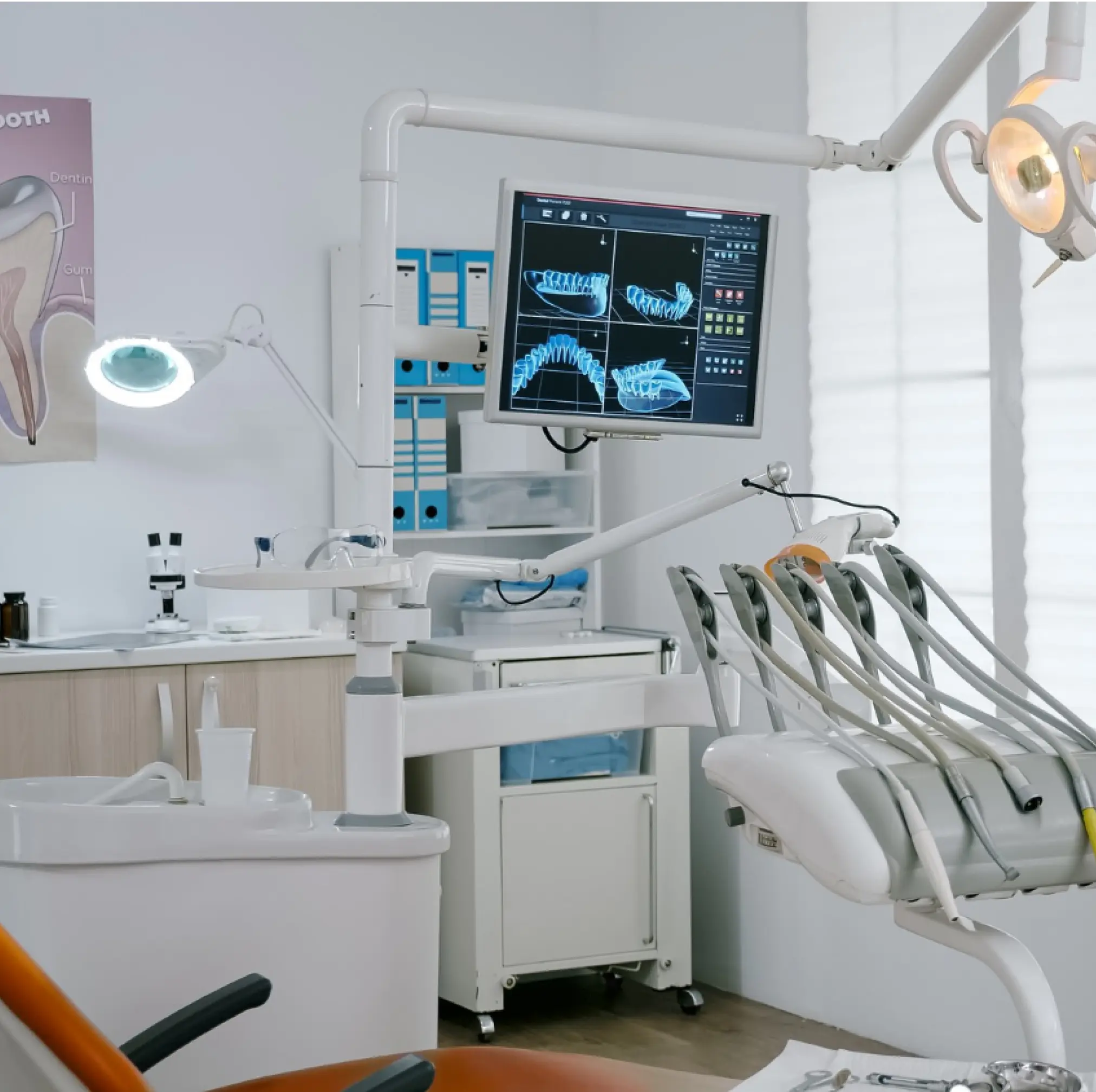
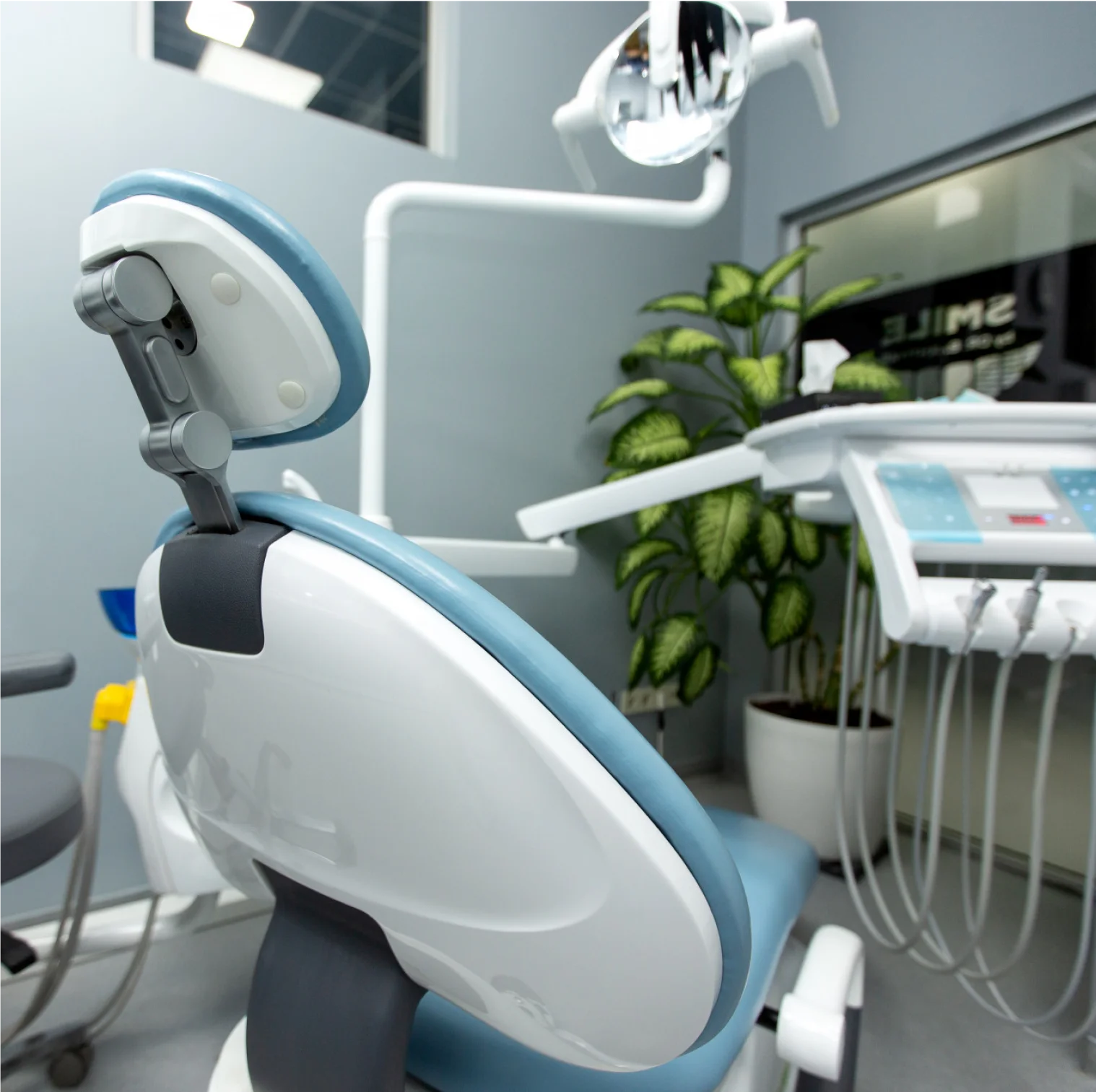
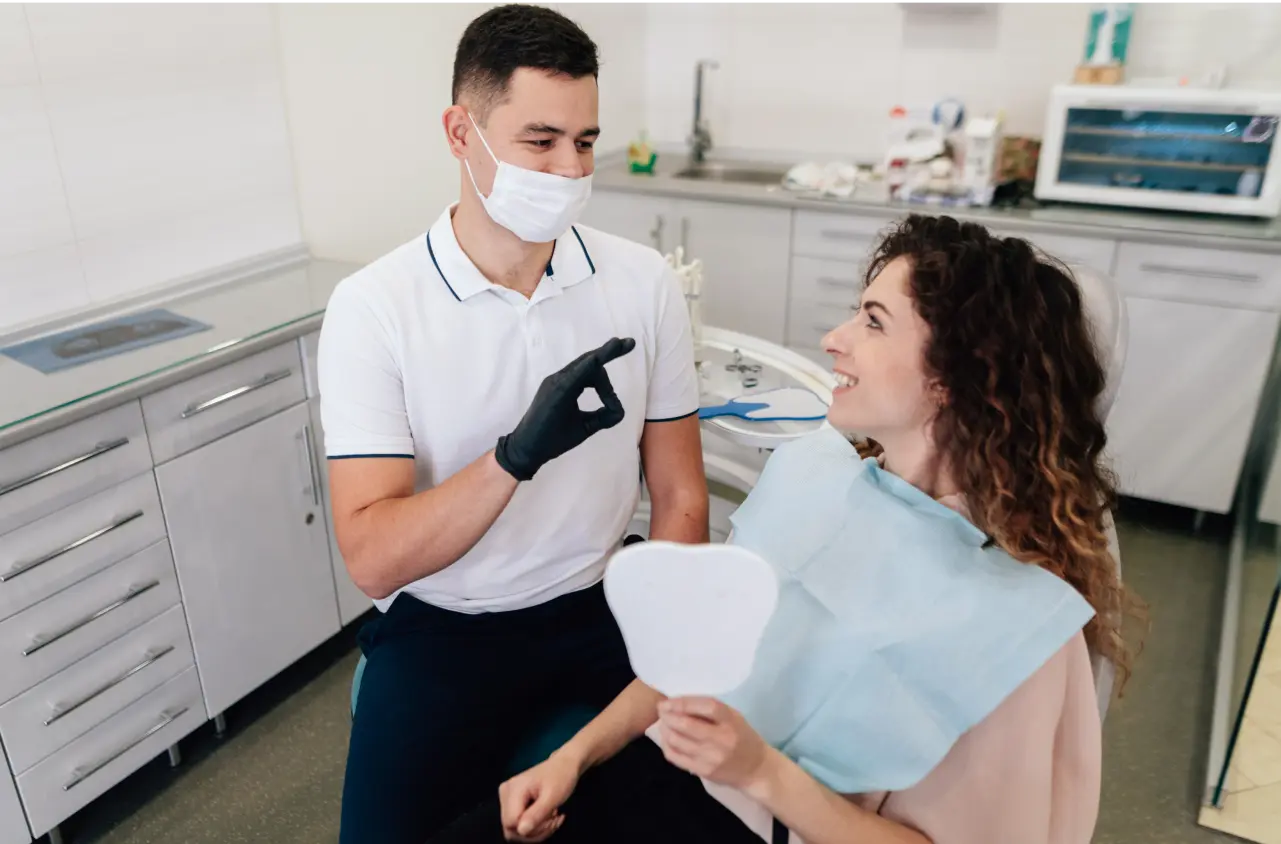
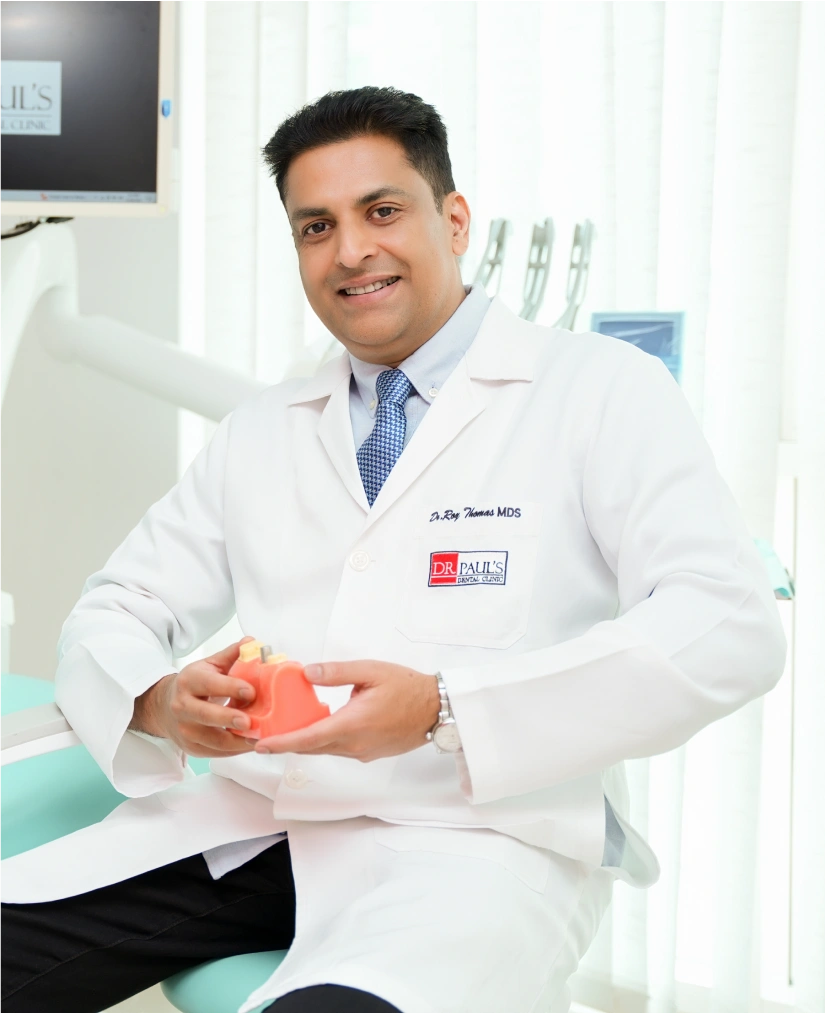 Dr. Roy Thomas
Dr. Roy Thomas 